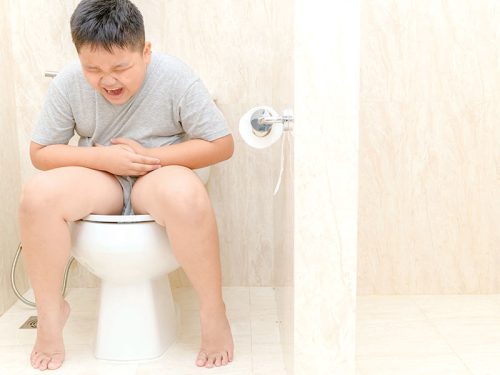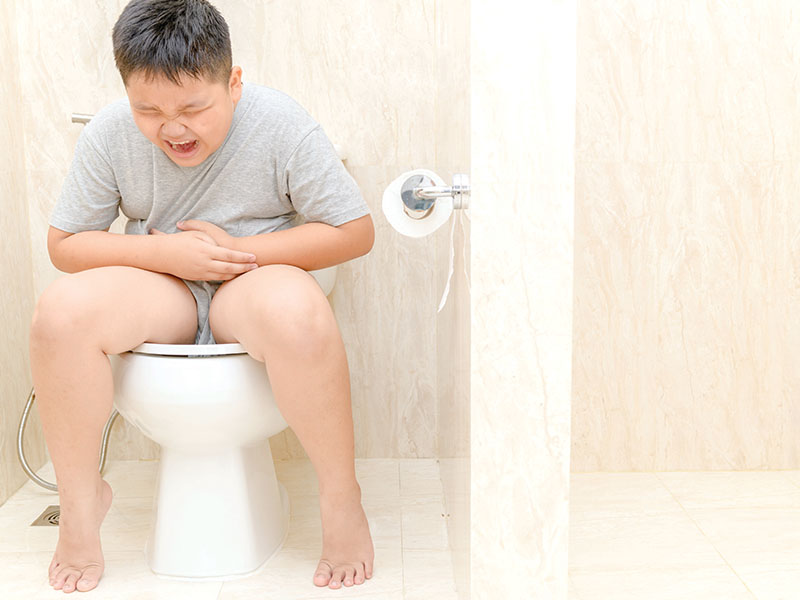Constipation in children: Symptoms & treatment

DR. TARUN SINGH
– Dr. Tarun Singh, child nutrition specialist and developmental pediatrician at Kalpavrisksh Healthcare, Delhi
Constipation, traditionally associated with adults, is increasingly affecting children. And contrary to popular belief, childhood constipation is more than just a transitory phase; it’s a serious issue requiring immediate diagnosis and treatment.
Constipation in children is characterised by infrequent/ altered bowel movements and difficulty in passing stool. While occasional bowel irregularity is common, persistent constipation can lead to severe discomfort and health complications.
The causes of childhood constipation are varied, ranging from dietary factors, unhealthy lifestyle and inadequate fluid intake to lack of physical activity, excessive digital screen time and psychological stress. Additionally, certain medical conditions and anatomical abnormalities can exacerbate the problem, underscoring the need for holistic treatment.
Symptoms
Diagnosing constipation in children can be challenging, as symptoms vary from subtle to severe. Common signs include abdominal pain, bloating, strain during bowel movements, and passing of small, hard stool. Also children may exhibit changes in behaviour, such as irritability and reluctance to use the bathroom. It’s important for parents to heed these red flags early and prevent further complications through timely intervention.
While constipation may seem benign, it can quickly escalate into a medical emergency. Fecal impaction, a severe complication, occurs when hardened stool accumulates in the large intestine, causing intense pain and distress. Symptoms include severe abdominal pain, vomiting, and rectal bleeding. Failure to address fecal impaction promptly can lead to serious complications such as bowel obstruction, perforation, and systemic infection, posing life-threatening risks to children.
Treatment and management
Managing constipation in children requires a multifaceted approach addressing both symptoms and underlying causes.
• Include foods with fibre in children’s diet and encourage fluid consumption through the day. This aids bowel movement.
• Incorporate physical activity and exercise in children’s daily routine, and reduce digital screen time. Also establish a regular bathroom visits routine. This is essential to prevent constipation.
• In cases of fecal impaction, medical interventions such as manual disimpaction or pharmacological disimpaction (stool softeners or enemas) may be necessary.
Prevention lies at the heart of addressing childhood constipation effectively. Parents and caregivers need to provide children a balanced diet and encourage healthy bowel habits. It’s imperative for caregivers to be observant and recognise early signs and consult healthcare professionals for advice and treatment.


















Add comment